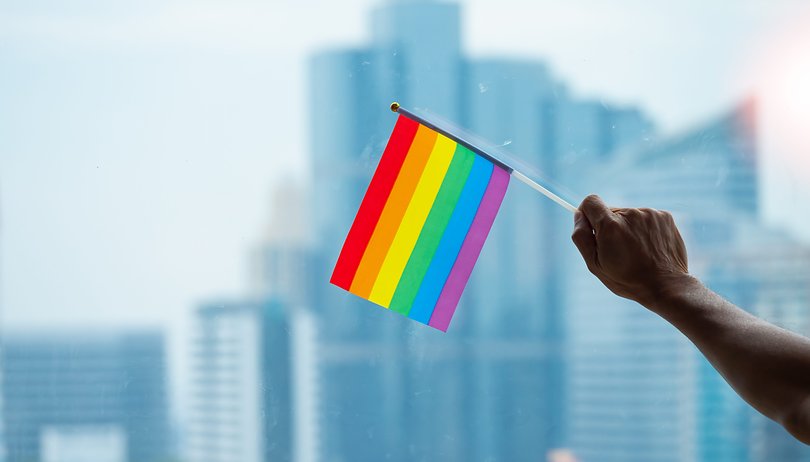Pride month: The U.S. companies with the best D&I


From rainbow frosting on cupcakes to changing the company logo to reflect the Pride flag’s array of colors, there are many ways brands and organizations pay lip service to supporting LGBTQI+ rights during the month of June.
And while showing allegiance is always a good thing, a lazy logo update, baked goods (although always welcome in the workplace on in-office days) or pronouns on an email signature are not a good barometer when trying to decipher how diverse or inclusive an organization truly is.
In fact, many members of the LGBTQI+ community have grown tired of performative “rainbow capitalism”, which alludes to equality and allyship but does little to create tangible and authentic improvements to the stats around discrimination.
8 million LGBTQI+ workers
According to a study conducted by the Williams Institute at UCLA, of the eight million workers in the U.S. who identify as LGBTQI+, 46% have experienced some form of discrimination in the workplace and LGBTQI+ people of color are more likely to be denied jobs or report verbal harassment.
So how can prospective employees or those already working for an organization establish whether or not it is truly committed to implementing and fostering an effective and impactful diversity and inclusion (D&I) policy?
For starters, a company’s policy should clearly set out its commitment to D&I, either through its environmental, social and governance (ESG), a workplace policy relating to bullying and harassment or a company mission statement.
Next, look to leadership, senior management or the board of directors to see if this commitment to D&I is visible.
Statistically, only 22% of workers in tech are ethnic minorities and Black professionals account for a mere 4% of all tech workers, despite accounting for 13% of the overall workforce.
These figures are even more stark in the context of female tech employees: according to research conducted by Statista, women make up approximately 34.4% of the workforce across big tech companies including Facebook, Google and Amazon.
This number drops dramatically for African-American women (just 3% of computing jobs), Asian women (6%) and Latinx women (2%).
Real progress
Lack of education is one of the main factors impacting D&I, and training within the workplace is another way to identify a company’s commitment to the field—according to a recent study, 76% of companies don’t have D&I goals, 40% see D&I policies as a way to mitigate legal or repetitional risks, and only 32% offer D&I training to employees.
Yet from a business perspective, it makes sense to invest in D&I. Companies that have a robust D&I policy and culture of diversity, inclusion and tangible allyship attract top talent, are more effective and are more financially successful.
And if you’re at the point in your career where aligning your values with those of your employer is non-negotiable, the companies below are leading the charge when it comes to D&I in the workplace.
Northrop Grumman
Northrop Grumman stipulates on its company website that “diversity drives innovation” and it is putting this sentiment into practice in a variety of ways across the company. When it comes to supporting its LGBTQI+ colleagues, it has created PrIDA (pride in diversity alliance), one of 13 employee resource groups at the company, to foster a more inclusive working environment for all employees. It has also received awards from the Human Rights Campaign Foundation and in 2018 was named as the best place to work for LGBTQI+ people. See all openings at Northrop Grumman here.
Accenture
In 2021, Accenture was named as the most diverse and inclusive company to work for on Refinitiv’s Diversity and Inclusion Index, which identifies the 100 publicly traded companies with the most diverse and inclusive workplaces. Accenture also has more than 120,000 Pride allies across its global network and is committed to achieving gender balance across its workforce. Find out more about a career at Accenture here.
KPMG
KPMG believes that diversity and inclusion are central to its purpose and strategy and, as such, releases a transparency report each year. In its 2021 report, the organization revealed its Accelerate 2025 campaign, which will help underrepresented talent achieve their goals and reach their full potential. Get more information about opportunities at KPMG here.
This article was written by Aoibhinn Mc Bride.



















